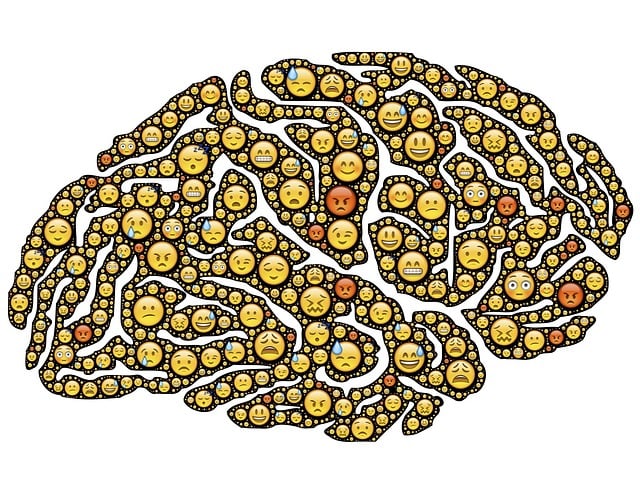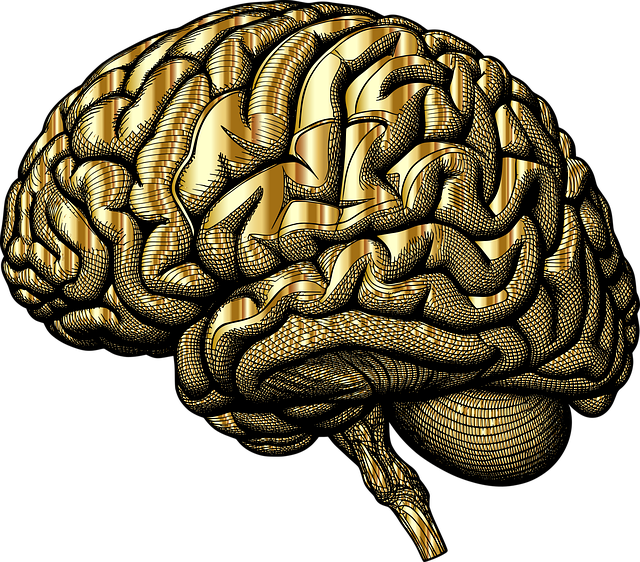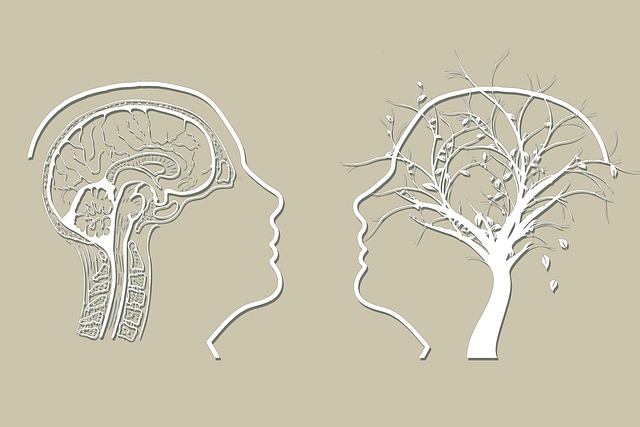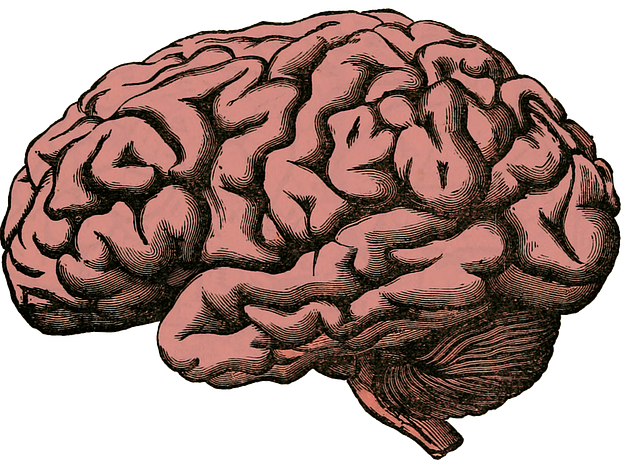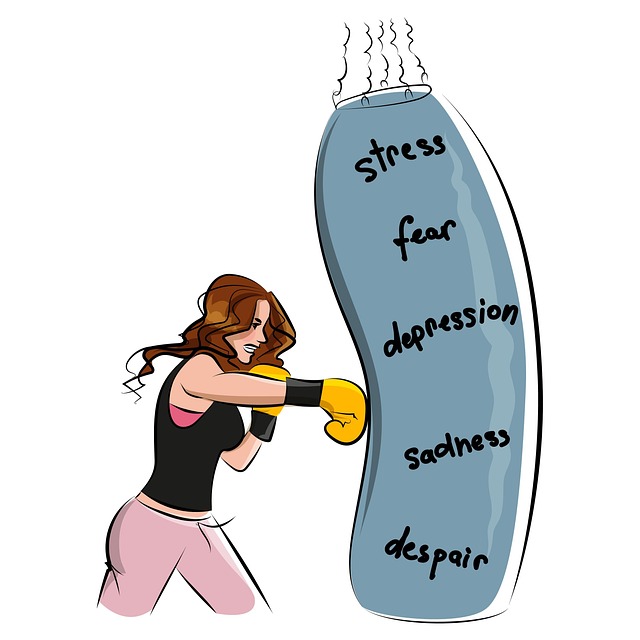Mental health advocacy, such as the Centennial American Sign Language (ASL) Therapy program, is vital for fostering understanding and support in diverse communities, especially deaf and hard-of-hearing populations. By breaking down cultural barriers, this initiative enhances mental healthcare accessibility, reduces stigma, and promotes self-esteem, alleviating anxiety and creating safe spaces for help-seeking without judgment. Community engagement through programs like Centennial ASL Therapy drives systemic changes prioritizing mental health care quality, ultimately improving lives by empowering individuals to challenge stigmas and access tailored support.
Mental health advocacy is a powerful tool for creating supportive communities. This article explores three key initiatives making a significant impact, including the role of Centennial American Sign Language (ASL) therapy in breaking barriers for deaf and hard-of-hearing individuals. We delve into how community engagement fosters mental wellness support, enhancing accessibility and understanding. By examining these efforts, we highlight innovative strategies to improve mental health services for diverse populations, emphasizing the importance of inclusive practices.
- Understanding Mental Health Advocacy: A Necessary Conversation
- The Role of Centennial American Sign Language Therapy in Breaking Barriers
- Community Engagement and Its Impact on Mental Wellness Support
Understanding Mental Health Advocacy: A Necessary Conversation

Mental health advocacy initiatives are essential conversations that foster understanding and support for individuals navigating their psychological well-being. Advocacy goes beyond merely raising awareness; it involves empowering individuals to speak up, challenge stigma, and access quality care. In today’s diverse society, cultural sensitivity in mental healthcare practice is paramount. Initiatives like the Centennial American Sign Language Therapy play a pivotal role by ensuring communication barriers are broken down, allowing for more inclusive and effective support, especially for deaf and hard-of-hearing communities.
By advocating for improved mental health services, we not only promote self-esteem improvement but also work towards anxiety relief. These efforts are crucial in creating an environment where individuals feel safe to seek help without fear of judgment or misunderstanding. Through advocacy, we can drive systemic changes that prioritize mental healthcare accessibility and quality, ultimately enhancing the lives of those struggling with their mental health.
The Role of Centennial American Sign Language Therapy in Breaking Barriers

The Centennial American Sign Language (ASL) Therapy program plays a pivotal role in breaking down barriers and fostering inclusivity within mental healthcare. This innovative initiative addresses the critical need for cultural sensitivity in mental healthcare practice by providing specialized services to deaf and hard-of-hearing individuals. Through its dedicated therapy sessions, the program ensures that these communities have access to tailored support, enabling effective communication and understanding.
By integrating ASL into mental health treatment, Centennial ASL Therapy enhances community outreach program implementation. It promotes a sense of belonging and reduces the stigma often associated with seeking help. Moreover, it empowers healthcare providers with essential burnout prevention strategies, allowing them to better serve diverse patient populations. This holistic approach ensures that mental healthcare becomes more accessible, culturally responsive, and ultimately, life-changing for individuals who have long been underserved.
Community Engagement and Its Impact on Mental Wellness Support

Community engagement plays a pivotal role in fostering mental wellness support and creating a network of care. By actively involving community members, organizations can increase public awareness campaigns development around mental health issues, breaking down stigmas and promoting open conversations. Initiatives like the Centennial American Sign Language (ASL) Therapy programs exemplify this approach, offering specialized services to diverse communities, ensuring everyone has access to care.
Such engagement also facilitates the promotion of self-care routine development for better mental health. Through community events, workshops, and peer support groups, individuals learn valuable tools for mood management, stress reduction, and enhancing overall well-being. This collective effort not only empowers individuals but also strengthens the social fabric, creating a supportive environment where mental health is prioritized and nurtured.
Mental health advocacy initiatives, such as those facilitated by Centennial American Sign Language Therapy, play a pivotal role in breaking down barriers and fostering community engagement. By promoting understanding and access to mental wellness support, these efforts create a more inclusive society. Community engagement is key to enhancing mental health outcomes, ensuring that everyone has the resources they need to thrive. Through initiatives like these, we can navigate towards a future where mental wellness is prioritized and supported on a broader scale.



